What is anodized aluminum sheet ?
Anodized aluminum sheet refers to anodized aluminum sheet. Anodizing is an electrochemical process that enhances the natural oxidation layer on the surface of aluminum to form a durable and corrosion-resistant coating. The coating thickness of anodized aluminum sheets is 5~20 microns, and the hard anodized film can reach 60~200 microns .

Anodized aluminum sheet metal performance advantages
The aluminum plate after anodic oxidation improves its hardness and wear resistance, which can reach 250~500 kg/mm2; good heat resistance, the melting point of hard anodized film is as high as 2320K; excellent insulation, and the breakdown voltage is as high as 2000V; Enhanced corrosion resistance, no corrosion after thousands of hours in ω=0.03NaCl salt spray.
Anodized aluminum sheet type
| Anodized aluminum sheet color |
|
| Anodized aluminum sheet size | |
| Anodized aluminum sheet alloy |
|
Anodized aluminum sheets features
1. Strong corrosion resistance: A dense oxide film is formed on the surface of the aluminum plate after anodic oxidation treatment, which improves its corrosion resistance and can resist chemical corrosion, atmospheric oxidation and acid rain.
2. Good wear resistance: the hardness of the oxide film of the anodized aluminum plate is higher, which makes the surface harder and wear-resistant, able to resist daily wear and scratches, and increase the service life.
3. Good decoration: the anodized aluminum plate can realize various color choices through the dyeing process, and has a good decorative effect. This makes it widely used in the fields of architecture and interior design, providing designers with more creativity and choices.
4. Good insulation: The oxide film of the anodized aluminum plate has good insulation properties and can be used as an insulating material in some electrical applications.
5. Improved environmental protection: Most of the electrolyte used in the anodizing process is inorganic acid, which is relatively environmentally friendly. At the same time, anodizing will not change the nature of aluminum itself, so it can be recycled and reused.
6. Lightweight: Aluminum is a light metal, which makes the anodized aluminum plate have a low density, which is convenient for handling and installation.
Knowledge: What’s the difference between aluminum and anodized aluminum?
Anodized aluminum plate product specifications
Anodized aluminum panels are aluminum panels that have been anodized to create a protective and decorative surface finish. Commonly used in construction, automotive, aerospace and other applications.
| Alloys | Anodized aluminum panels are typically made from various aluminum alloys such as 5005, 6061, 3003 or other alloys. |
| Thickness | Anodized aluminum panels are available in a variety of thicknesses, typically ranging from 0.025 inches (0.6 mm) to 0.125 inches (3 mm) or more, depending on the application. |
| Width | Widths range from 12 inches (305 mm) to 60 inches (1524 mm) or greater, |
| Length | Can be customized to meet customer project requirements. |
| Anodizing types | chromic acid anodizing, sulfuric acid anodizing, hard anodizing. |
| Color | black, gold, bronze or customized color. Specific color options may vary by manufacturer. |
| Surface Finish | Surface finish can range from matte to glossy or reflective, depending on the desired look. |
| Coating thickness | 0.0002 to 0.001 inch (5 to 25 microns) |
| Additional processes | such as etching, embossing or painting to achieve a specific texture or design. |
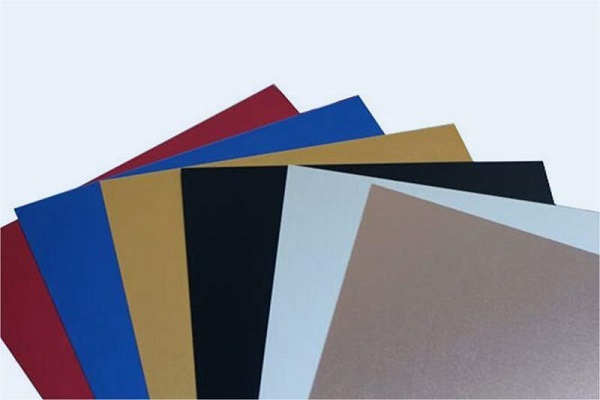
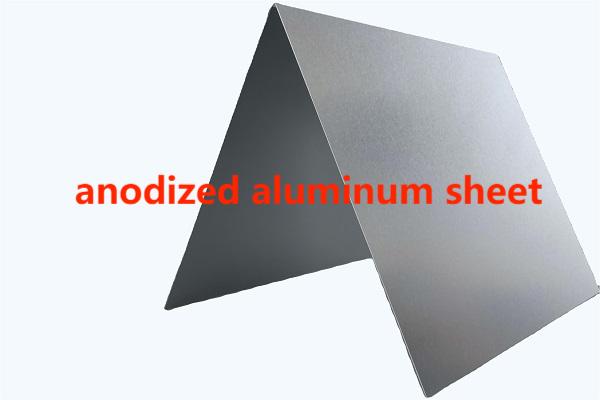
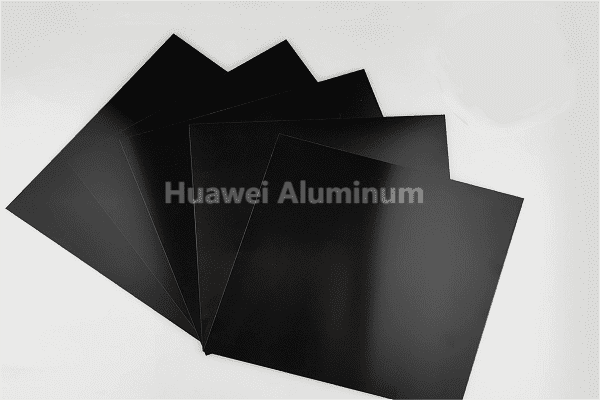
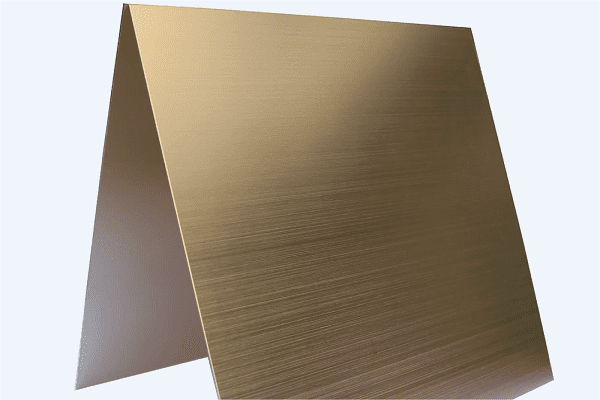

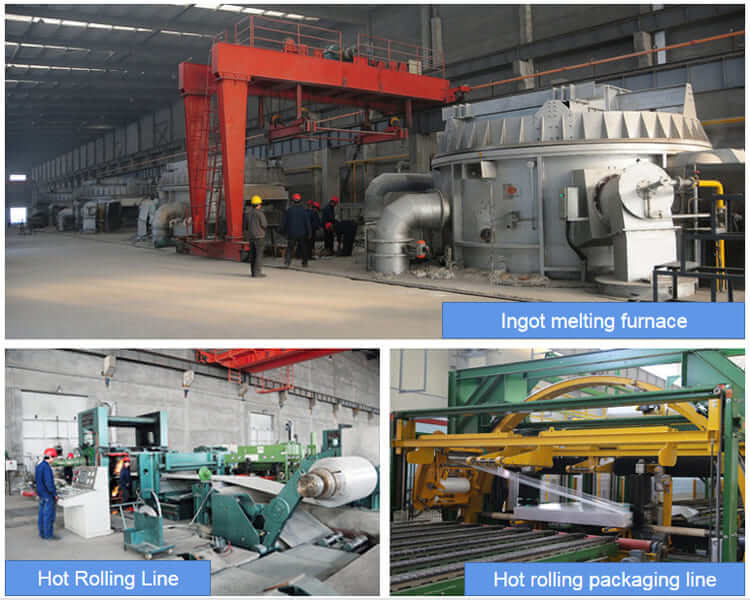
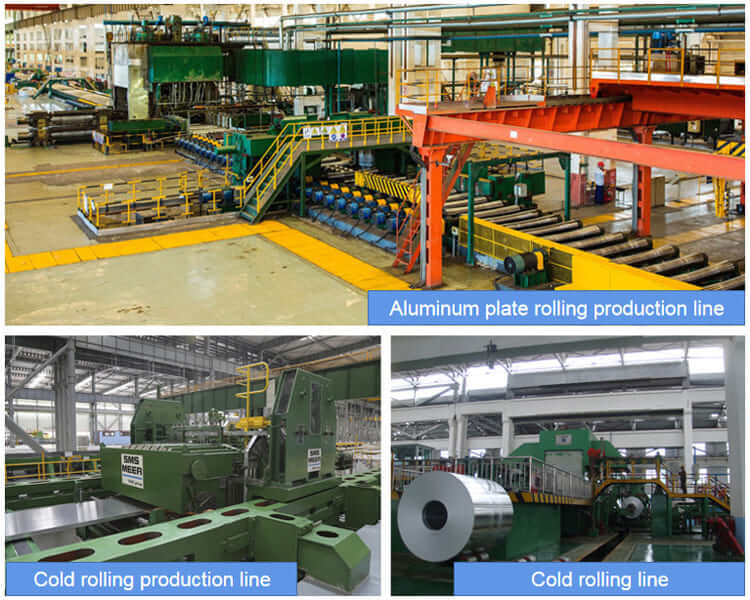
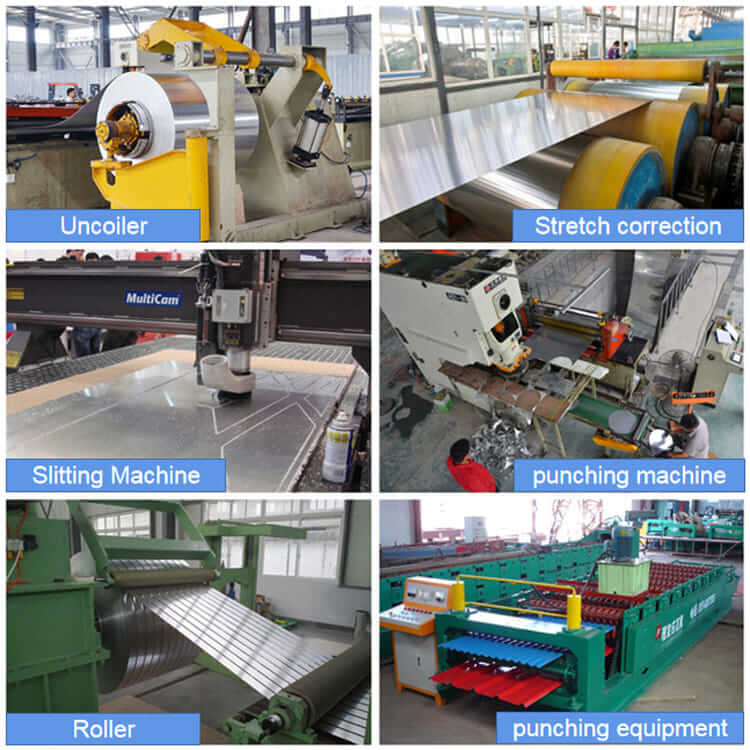

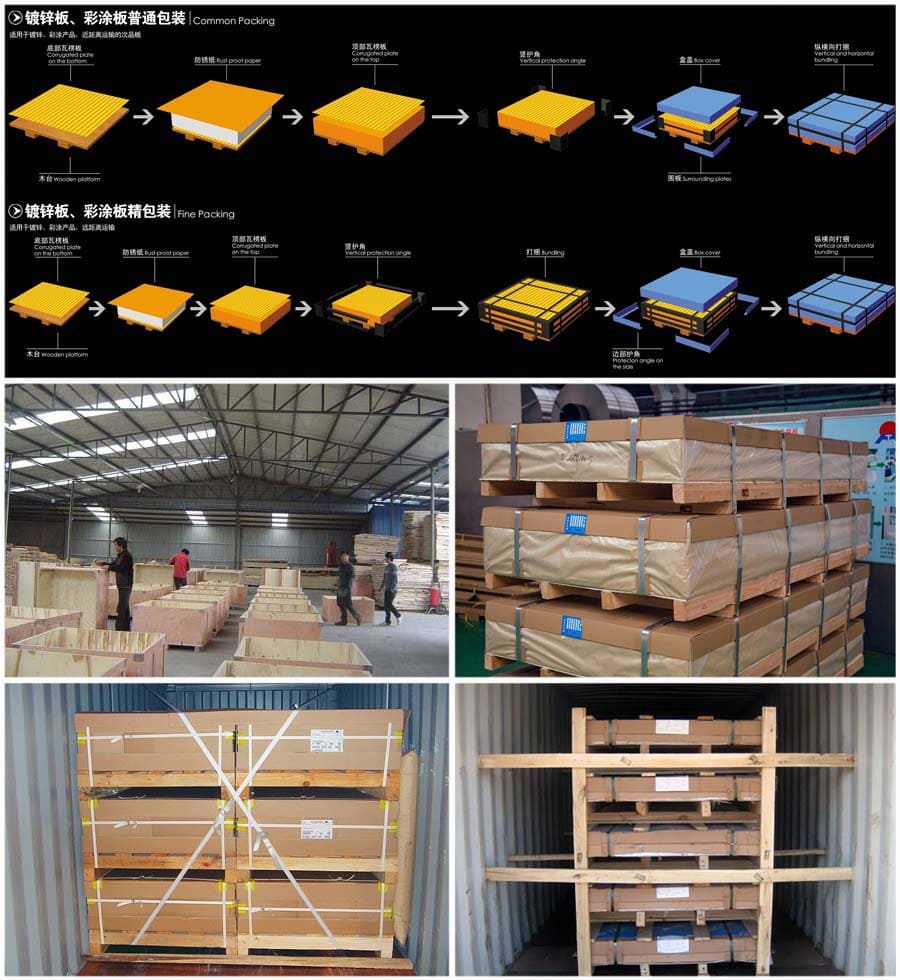
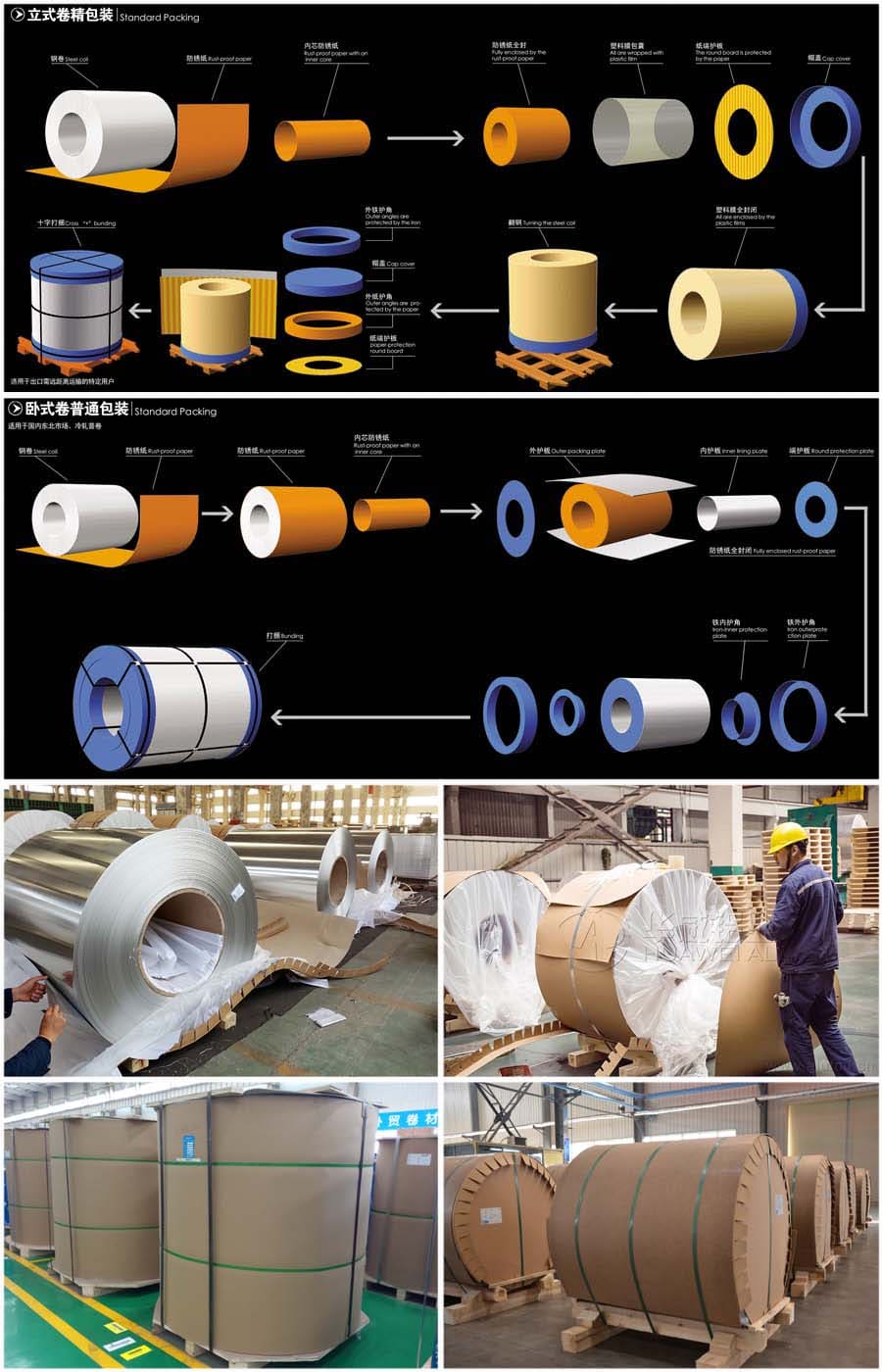
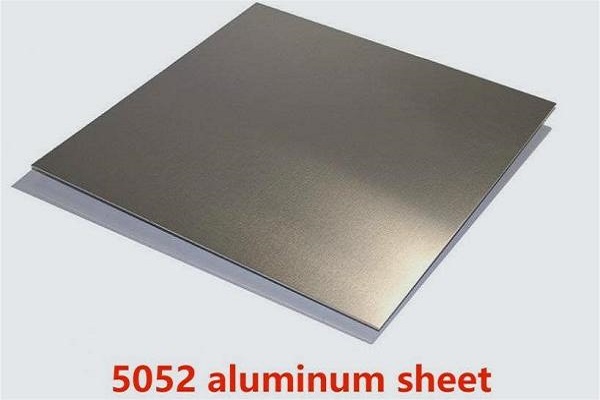
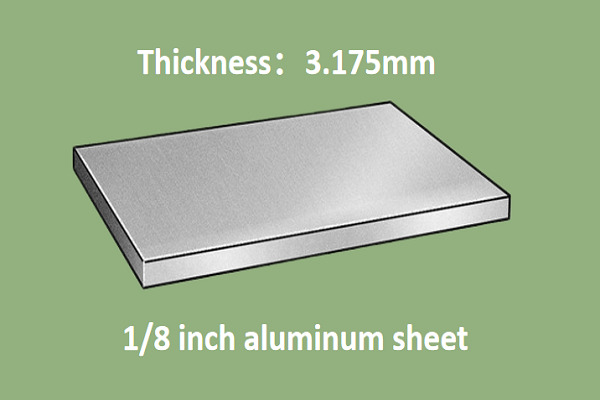
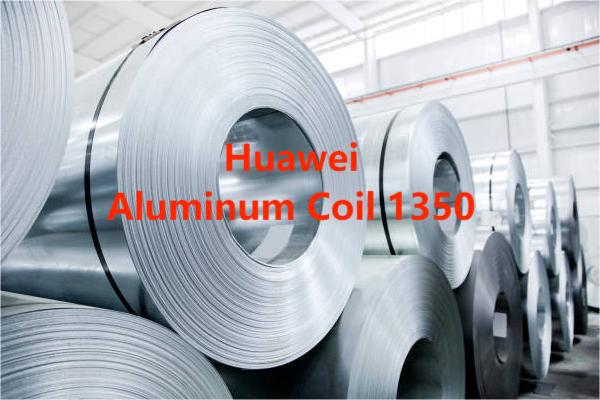
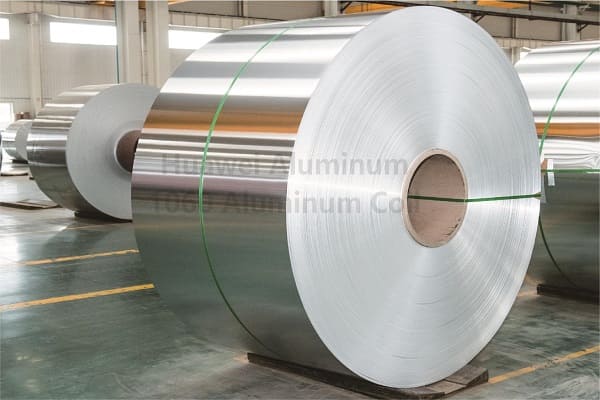
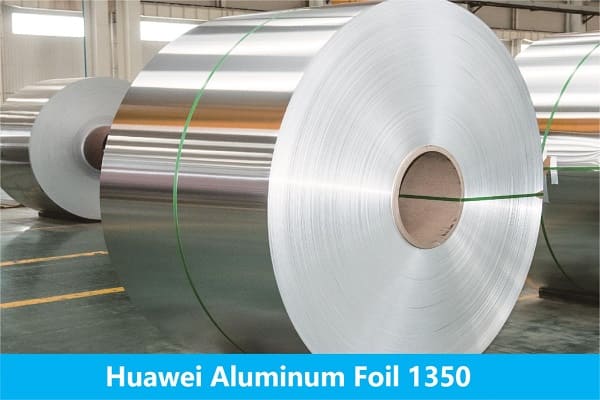
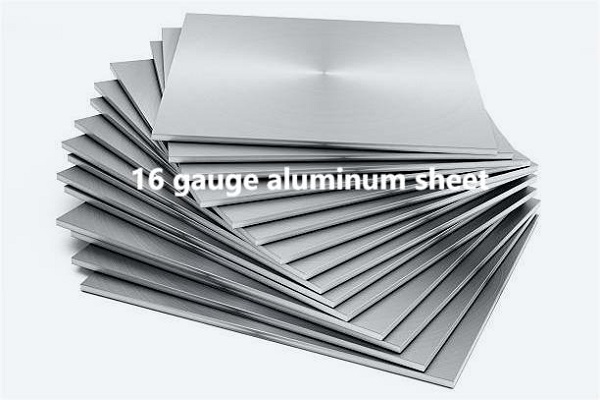
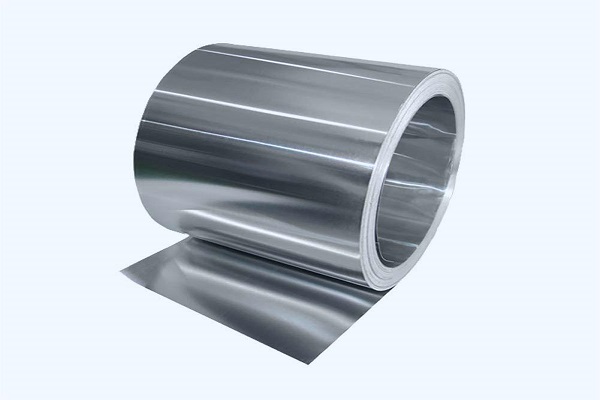
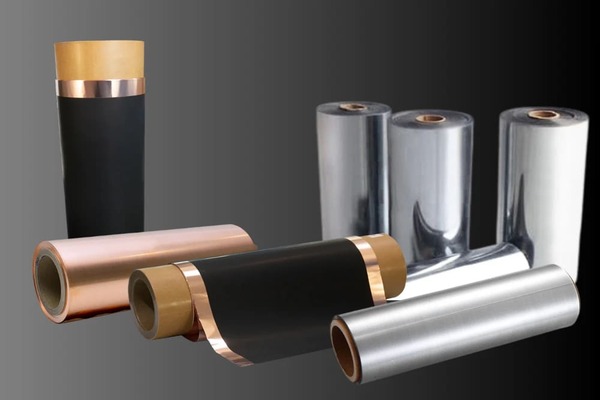
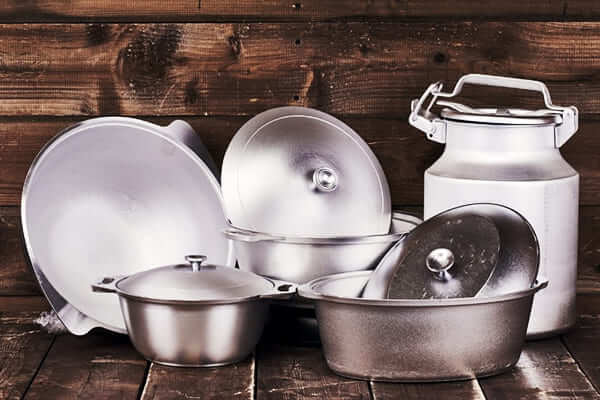
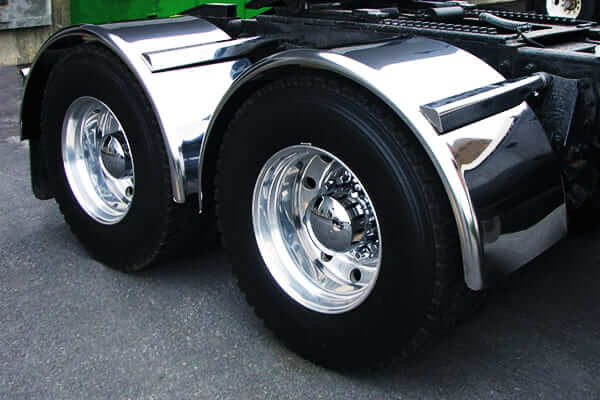
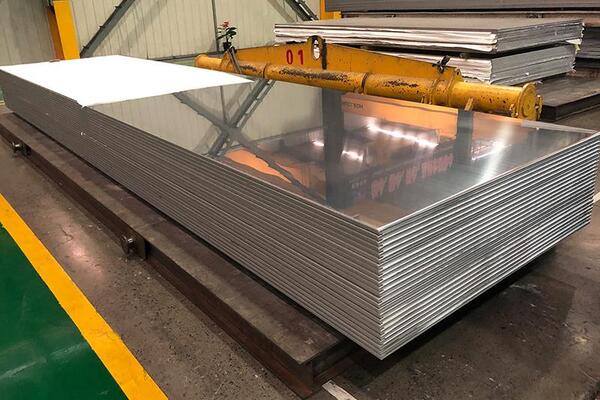
Leave a Reply